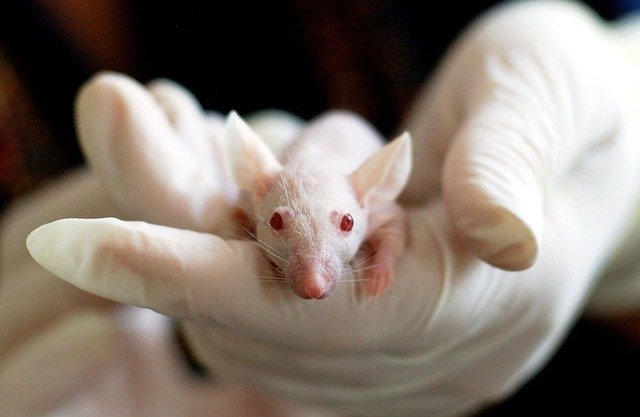Proof-of-concept vaccine prevents the initiation and progression of pancreatic cancer in mice.
The immune system plays a critical role in the prevention of cancer by detecting and destroying early cancer cells or small tumours as they develop, before they can mature to cause harm. Immunotherapies are a growing type of cancer treatment aimed at boosting the anti-tumour immune response of the host. Cancer vaccines are a type of immunotherapy that expose immune cells to tumour-specific proteins called tumour antigens. Tumour antigens serve as ‘danger signals’ to train the immune system to recognize and destroy tumour cells where the antigen is present on the cell surface.
Unlike therapeutic cancer vaccines that are administered to cancer patients, prophylactic cancer vaccines are administered to healthy people to keep cancers from developing in the first place. Prophylactic cancer vaccines are preventative strategies that prime the immune system for long-lasting suppression of tumour development. One example is the human papilloma virus (HPV) vaccine to prevent cervical cancer related to HPV infection. So far, preventative options for non-viral cancers have been limited.
Pancreatic cancer has the lowest survival rate of all cancers, with less than 5% of those diagnosed surviving past five years. Pancreatic cancer is known to develop and spread very slowly, with at least a decade from the first cancer-causing mutation to the manifestation of symptoms. The long latency period of pancreatic cancer offers a potentially broad window for prevention of this highly lethal disease.
To tackle this problem, researchers from Queen Mary University of London and Zhengzhou University in China developed a proof-of-concept vaccine for the prevention of pancreatic cancer. The study, published in the journal Clinical Cancer Research, presents preclinical findings in a mouse model of pancreatic cancer.
To create the vaccine, healthy mouse cells were transformed into pancreatic tumor cells by inserting two key mutations into the DNA. Tumour cells were then infected with oncolytic viruses – viruses that selectively replicate in and kill tumor cells. The infected cells lacked tumour-forming ability but continued to express the appropriate tumour antigen profile to achieve anti-tumour immunity. The infected cell vaccine was injected into mice that were genetically modified to develop pancreatic cancer. The researchers observed a delay in tumour development and significantly prolonged survival in these mice. The treatment was also well-tolerated and non-toxic.
Lead author of the study, Yaohe Wang explained, “Development of a preventive vaccine against non-viral cancers is hugely limited by the lack of appropriate tumor antigens and an effective approach to induce robust anti-tumor immunity against those antigens. Through this international collaboration we have made progress towards the development of a prophylactic cancer vaccine against pancreatic cancer.”
Findings from this study provide preliminary evidence for the development of personalized cancer vaccines for pancreatic cancer. The authors will explore further ways of improving the vaccination regime, as well as combination protocols with other immunotherapies.
Written by Cheryl Xia, HBMSc
References:
- Lu, S. et al. A Virus-Infected, Reprogrammed Somatic cell-derived Tumor cell (VIReST) vaccination regime can prevent initiation and progression of pancreatic cancer. Clin Cancer Res clincanres.1395.2019 (2019) doi:10.1158/1078-0432.CCR-19-1395.
- Mahony, C. J. UK and China research team take first steps towards a vaccine for pancreatic cancer. EurekAlert! (2019).
Image by Tibor Janosi Mozes from Pixabay



